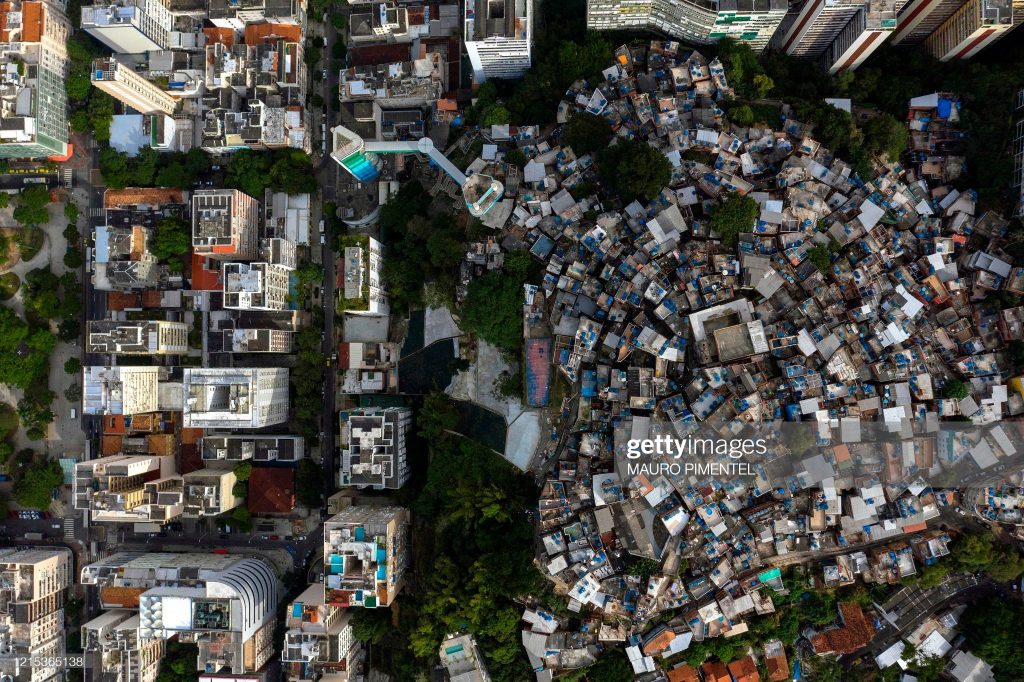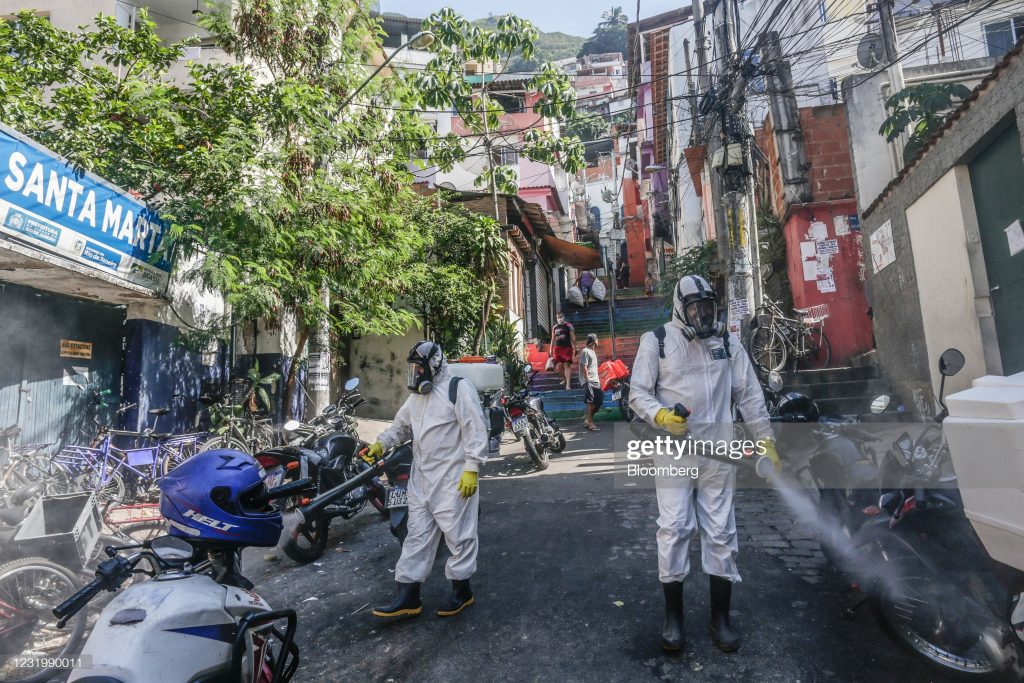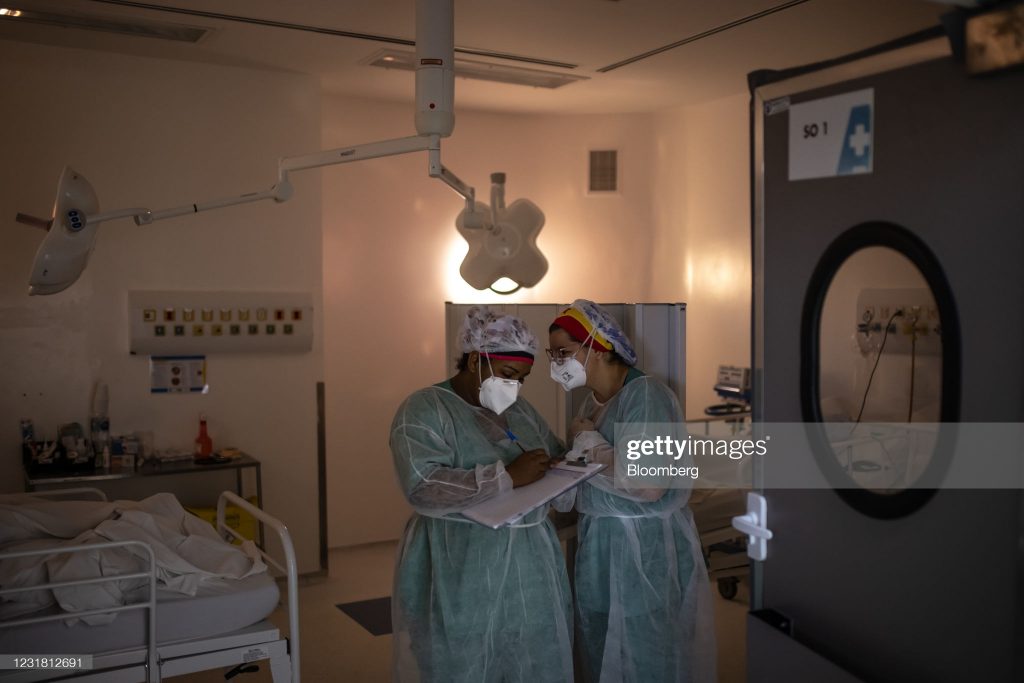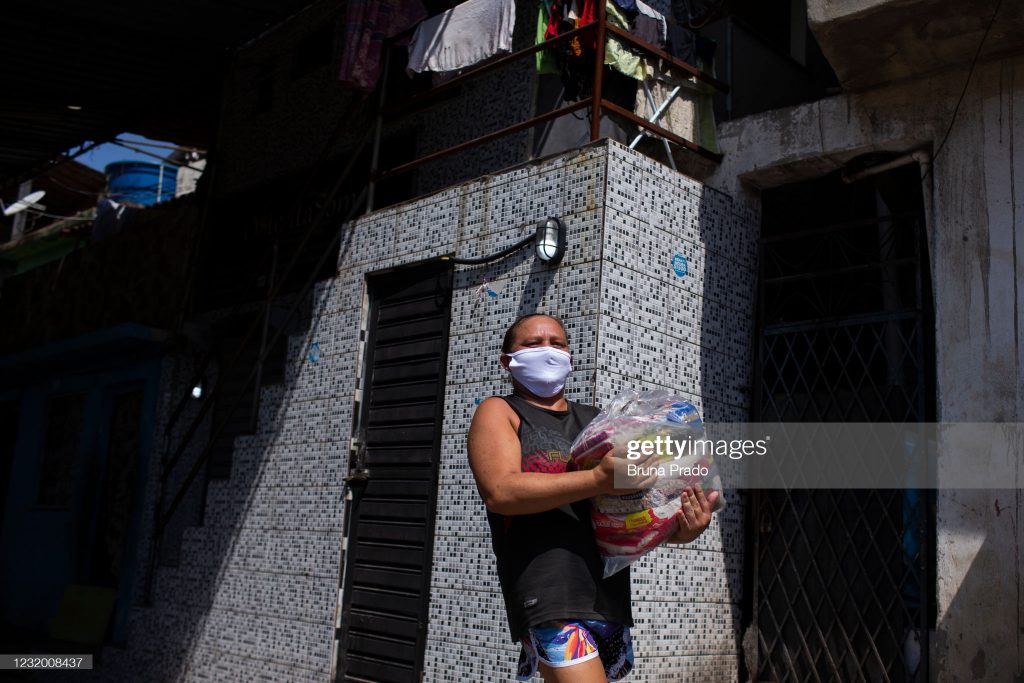One of the most compelling themes in the ongoing discussions about the human costs of the global pandemic are about all the suffering and the endurance.
Some public figures have defined the virus as some sort of “great leveller” among the wealthy, powerful people and marginalised and poor one, implying that the virus let the first ones face the same challenges as the second ones. Others did not agree at all, rejecting this last claim pointing out the threats that are critically higher for those residing and endeavouring at the edges of deeply inequitable societies.
Sadly, in addition to all the suffering, a lot of cases of domestic violence and feminicide emerged along with other critical situations such as deportation of migrants detained in unsanitary conditions, loss of work and livelihood, and the fate of millions of forgotten populations living in conditions of chronic invisibility and depravation.
This article will focus mainly on the responses of Rio de Janeiro’s favelas to the pandemic during and after the lockdown as well as some of the problems written above. This vulnerable population, supported by social organisation in the communities, adopted health preventive mergers and benefited from donation of food and hygiene products that minimised the unannounced tragedy.

Fonte: https://onlinelibrary.wiley.com/doi/full/10.1111/gwao.12557
The Health Responses
The first case occurred at the end of February 2020. WHO (World Health Organization) reacted late to the declaration of the pandemic, but gradually indicated preventive measures, such as washing hands, cleaning the environment, social isolation and, later, wearing masks and testing.
The Brazilian Ministry of Health implemented an integration of policies and actions together with the federation states.
Every day, an account of the situation was broadcast on the main television channels and on social media, indicating its evolution. Although this communication has been relatively effective on the middle class, at the time did not reach low-income communities, where morbidity and mortality intensified.
The Economic Responses
Regarding the economic responses due to the state of public calamity, the government established a “war budget” allowing the expansion of public expenditure. The strategy was organized into two large sets of measures: a fiscal policy and a policy consisting of providing liquidity and releasing regulatory capital.


Governance problems and prevention in Rio’s favelas
Until April, everything seemed to be on track with the adoption of the social isolation measures decreed by the state and municipal governments. There was, however a conflict between prevention by social isolation and its repercussion on the economy.
Restrictive measures, such as national lockdowns and strict social distancing measures did not have the same effect in Brazil. The progression of covid-19 in the municipality of Rio de Janeiro gained rapid geographical expansion. After being “imported” by the higher income classes, the virus multiplied within the city itself, spreading through urban mobility equipment and infrastructure to other, low income, territories. It is precisely here that the greatest impacts of social inequality are felt on the dynamics of contagion.
The housing conditions, the lack of clean water, the basic infrastructure and circulation in the city, among others, in addition to the unequal distribution of income that pushed the populations of suburbs and peripheral slums toward workplaces, made isolation impossible.
In neighbourhoods with low concentration, there is a higher morbidity compared with the high concentrated ones probably due to the greater possibility of testing paid in these high-income areas.
The favelas established some crisis offices that raised funds, organized the distribution of food baskets and hygiene kits. Plastic bottles with water and soap at the main intersections, special controls over motorcycle taxis, prevention in community radio and clarification on fake news were other measures that were implemented.
Despite this performance, the favelas continue to stress the need for the state to be present. However, the state is too slow to respond.






